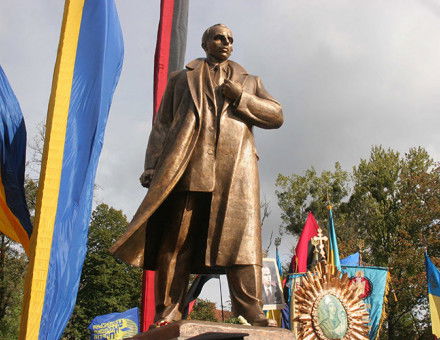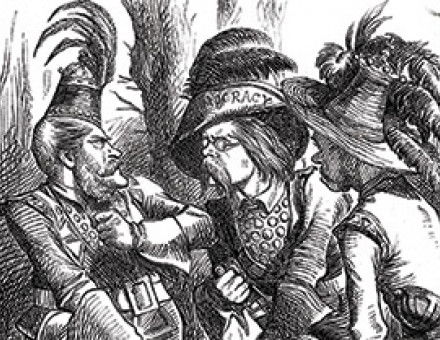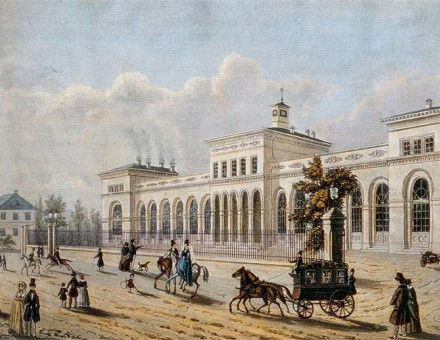Collaborator: No Longer a Dirty Word?
The crisis in Ukraine has revealed to the world the divisions that exist throughout Europe about how the Second World War is remembered. Gareth Pritchard and Desislava Gancheva look at the controversial debate around wartime collaboration.






